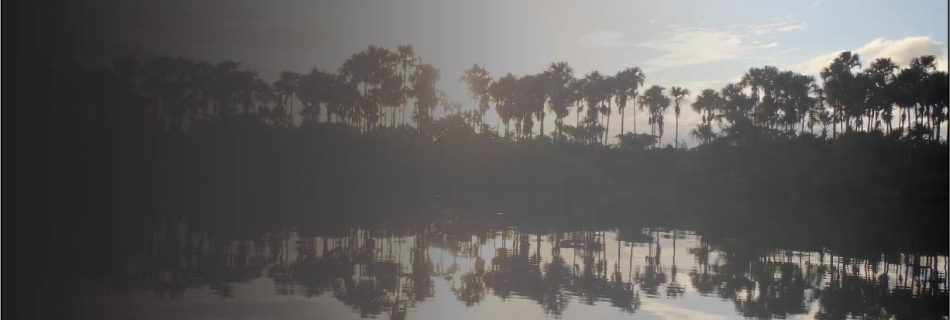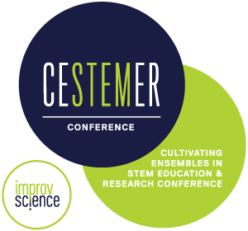Beyond the “alt-ac”
As scholars, we are constantly negotiating our relationships to our field(s) of study and to our job titles. In the sciences, a PhD can remain a “physicist” whether in a professorial job in a university, national lab, or industry But what of the humanities? If an anthropologist with a PhD is not employed as an …


